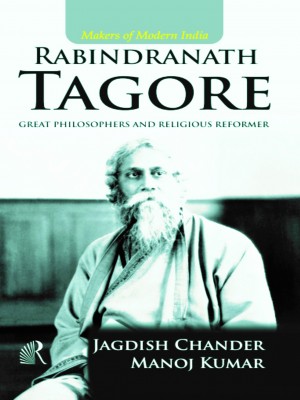
Rabindranath Tagore (7 May 1861–7 August 1941), also known by the sobriquet Gurudev, was a Bengali mystic, Brahmo poet, visual artist, playwright, novelist, and composer whose works reshaped Bengali literature and music in the late 19th and early 20th centuries. He became Asia’s first Nobel laureate when he won the 1913 Nobel Prize in Literature. In 1901, Tagore left Shilaidaha and moved to Santiniketan (West Bengal) to found an ashram, which would grow to include a marble-floored prayer hall (“The Mandir”), an experimental school, groves of trees, gardens, and a library. There, Tagore’s wife and two of his children died. His father died on 19 January 1905, and he began receiving monthly payments as part of his inheritance.
He received additional income from the Maharaja of Tripura, sales of his family’s jewellery, his seaside bungalow in Puri, and mediocre royalties (Rs. 2,000) from his works. These works gained him a large following among Bengali and foreign readers alike, and he published such works as Naivedya (1901) and Kheya (1906) while translating his poems into free verse. On 14 November 1913, Tagore learned that he had won the 1913 Nobel Prize in Literature. According to the Swedish Academy, it was given due to the idealistic and—for Western readers—accessible nature of a small body of his translated material, including the 1912 Gitanjali: Song Offerings. In 1915, Tagore also accepted knighthood from the British Crown.
795
@copyrights all reserved The Readers Paradise Design By www.cypwebtech.com